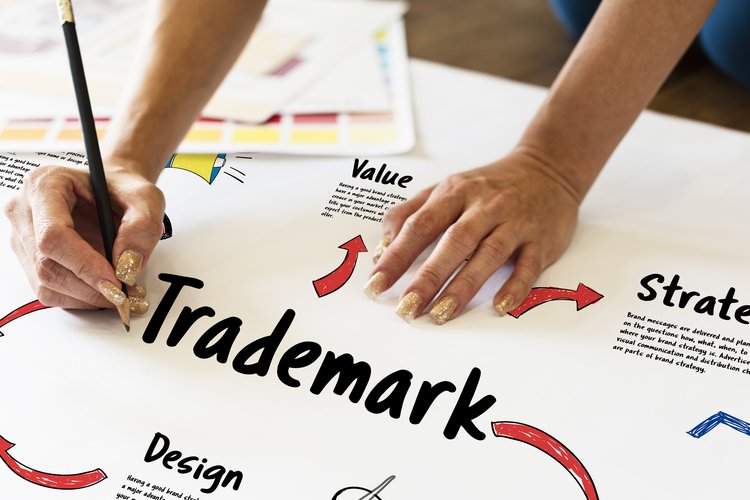Protect Your Business By Registering A Trade Mark

Many business owners assume that they have exclusive use of their business name simply because they’ve registered it with ASIC as a business name.
It is a legal obligation in Australia to register a business name if you conduct business under a name other than the name of the legal entity that owns the business. But this doesn’t mean that your business is protected.
Registering your business name doesn’t give you any legal rights to the use of that particular name. It also doesn’t prevent anyone else from registering a similar name. What’s more, if you use a business name that is similar to one that has already been registered as a trade mark, you may actually be exposing yourself to legal issues. In fact, when you register a business name in Australia you are presented with a series of tick boxes to check before you start your application and one of those is to inform you of precisely this.
There’s a huge difference between registering a business name and registering that name as a trade mark.
Without the legal protection of a registered trade mark, you run the risk that someone else could simply copy your name and benefit from all your hard work and investment. Worse still, you could find that your reputation (and in all likelihood, your profits) are eroded because people have mistaken an inferior product or service for your high quality business because the names are very similar. You also run the risk of a trade mark owner demanding you rebrand if you are infringing their rights.
In most instances, this occurs simply because businesses haven’t realised they should consider trade mark registration and usually there is no malice intended. However, there are situations where unscrupulous business owners have deliberately traded off of someone else’s hard-earned intellectual property. Obviously it feels morally wrong when this occurs (intentionally or not) – but unless the name has been registered as a trade mark, it is not always legally wrong.
So what should business owners do to protect their businesses?
Very simply, business owners need to protect their businesses by registering their trade marks and any other intellectual property they have. And it doesn’t matter whether the entity is a national conglomerate or a small, everyday operation, if you run a business, you need to register a trade mark for the protection of your names, brands and logos because it can be an extremely valuable business asset.
You can register a business name as a trade mark as well as a wide variety of other ’signs’ that you use within your business including a domain name, logo, pictures, graphics, slogan or tag line. If you have a unique product design this may also be protectable – either by registering it as a design, or, where that’s not viable, by considering registration as a ‘shape’ trade mark or similar, Even sounds, music, colours, smells can be registered as trade marks. Generally speaking, irrespective of the type of ‘sign’, a trade mark can only be registered if it complies with trade mark laws and is not too similar to an existing trademark and isn’t generic or overly descriptive.
That said, there are different ways of protecting different intellectual property.
Depending on what you wish to protect, you may need to consider trade mark registration as discussed above or things such as copyright, patents, designs etc which are all complex areas of law. Irrespective of the type of intellectual property involved, it is worth seeking professional advice. For trade mark applications/registrations speak with a trade marks attorney for example, and, with a patent attorney if you have patent or design rights to consider. Your intellectual property is a valuable asset (which often requires considerable investment) and it is good business practice to ensure that that asset is protected as comprehensively as possible.
Without the protection of a registered trade mark, others could establish a business or launch a product with a confusingly similar same name as yours. In today’s highly competitive business world where online searches often dish up a range of confusingly similar results, it is even more critical that businesses protect their intellectual property.
It is easy to do a quick online search to see if your chosen name has already been registered, but there are many other aspects that need to be considered. For example, even if there are no identical trade marks, are there ‘deceptively similar’ trade marks? Is your name distinctive enough to function as a trade mark?
The world of intellectual property, including trade marks, is complex and it is a good idea to get professional advice from an experienced practitioner to give your business the best chance of full legal protection over its intellectual property.

